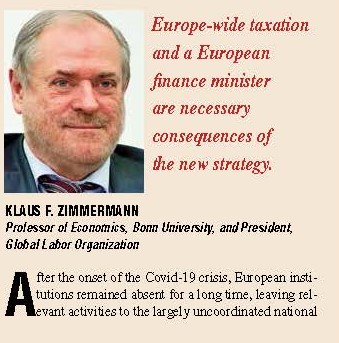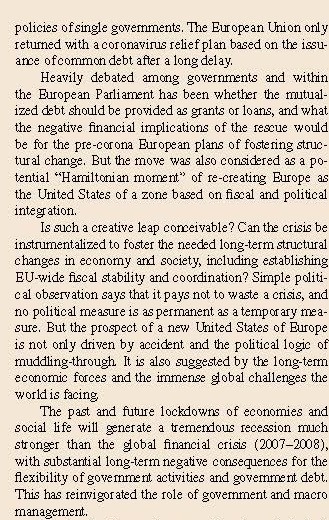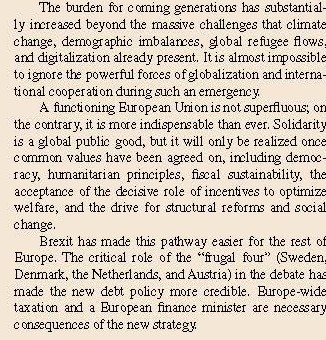A new GLO Discussion Paper studies the occupational selection among generations of immigrants in the United States and shows how their choices are linked to the occupational wage distribution in their country of origin.
The Global Labor Organization (GLO) is an independent, non-partisan and non-governmental organization that functions as an international network and virtual platform to stimulate global research, debate and collaboration.

GLO Discussion Paper No. 685, 2020
Wage Distributions in Origin Societies and Occupational Choices of Immigrant Generations in the US – Download PDF
by Zhan, Crystal
Forthcoming: Journal of Population Economics
GLO Fellow Crystal Zhan
Author Abstract: This paper studies the occupational selection among generations of immigrants in the United States and links their choices to the occupational wage distribution in their country of origin. The empirical results suggest that individuals are more likely to take up an occupation in the US that was more lucrative in the origin country, conditional on individual demographics, parental human capital, and ethnic networks. However, the importance of the origin wage declines with the length of time that immigrants spend in the US and over generations. Information friction may be an explanation.

GLO Discussion Papers are research and policy papers of the GLO Network which are widely circulated to encourage discussion. Provided in cooperation with EconStor, a service of the ZBW – Leibniz Information Centre for Economics, GLO Discussion Papers are among others listed in RePEc (see IDEAS, EconPapers). Complete list of all GLO DPs – downloadable for free.
Ends;

















